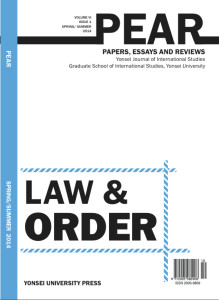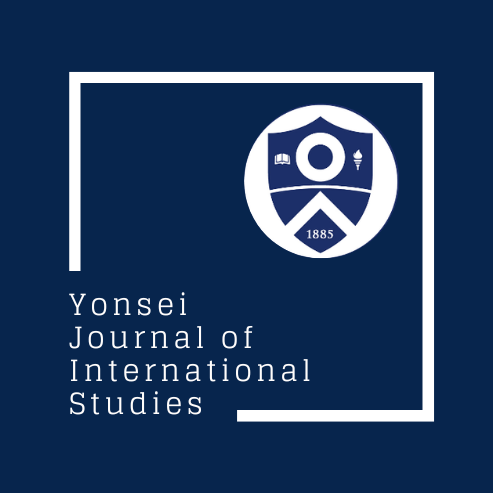Title: Transient Professionals: Local NGO Empowerment 
Author: Ted Voelkel
Affiliation: Graduate School of International Studies at Yonsei University
Issue: Law & Order – Volume 6 Issue 1
Publisher: Yonsei University Press
Download as PDF
South Korea’s native-English-speaking hakwon (South Korea’s version of a private language school) instructor population is college-educated, well paid, and yet suffers from a lack of empowerment via a representative organization of its own creation. Of the attempts made by instructors to form such an NGO to advocate on their behalf the Association of Teachers of English in Korea (ATEK) stands out as perhaps the most ambitious, in spite of its rather short tenure and eventual collapse. Typical explanations given for that collapse can be divided among those internal, such as in fighting, and external, such as online harassment, but this paper seeks to show that such explanations remain insufficient. Using material obtained through interviews with former members, along with information gleaned from various online sources, this paper argues that a lack of official recognition of the organization by the South Korean government can be seen as the proverbial straw that broke the back of ATEK. Further, application of theoretical material presented in Bringing Transnational Relations Back in: Introduction by Thomas Risse-Kappen, regarding the way in which domestic governmental structure can either allow transnational actors access to that structure or not, will show that domestic actors such as ATEK are subject to the same sort of institutional discrimination. It is the author’s hope that the examination of ATEK’s collapse presented in this paper will constitute a useful framework to guide upstart instructor NGOs of the future, so that similar problems can be successfully avoided.
To read more click Page 2 below
